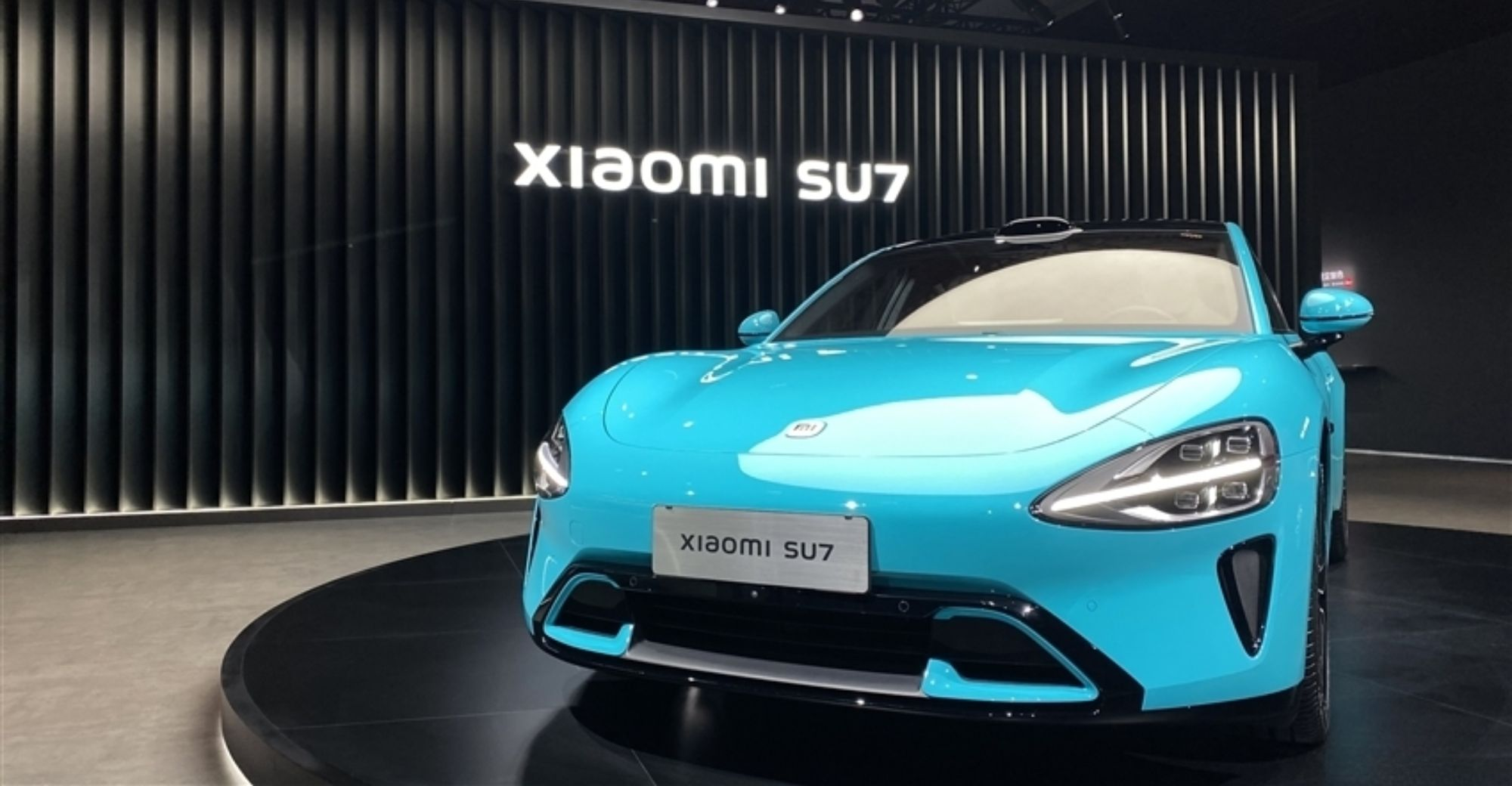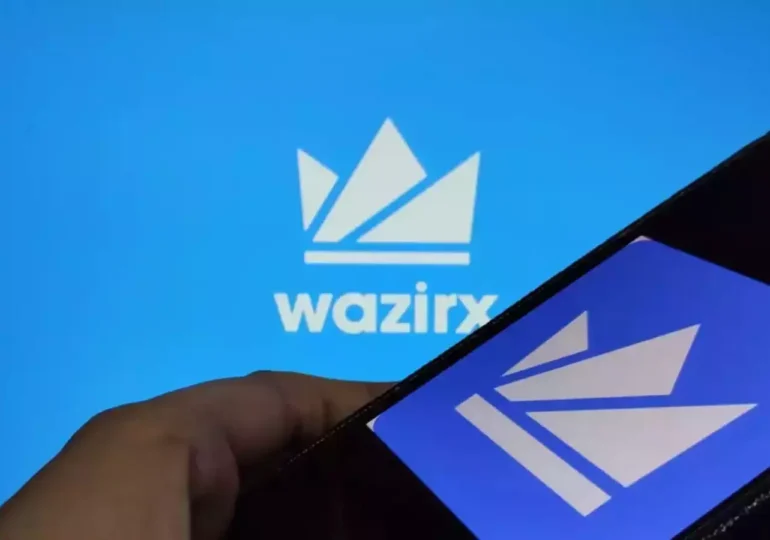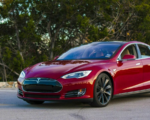Xiaomi Boosts EV Delivery Targets Amid Surging Demand

Increased Goals Reflect Growing Market Success
Xiaomi Corp has raised its 2023 electric vehicle (EV) delivery target for the third time, now aiming to deliver 130,000 units of its debut SU7 sedan. This is a significant increase from its initial goal of 76,000 when the car launched in March.
The SU7, inspired by Porsche designs, has captivated buyers with a starting price below $30,000, undercutting Tesla’s Model 3 in China by $4,000. Xiaomi’s success reflects broader trends in China’s EV market, where electric and plug-in hybrid vehicles accounted for over half of October’s auto sales, a 56.7% year-on-year increase.
Scaling Production to Meet Demand
Xiaomi has ramped up production since June, doubling shifts at its factories and introducing the premium SU7 Ultra, priced above $110,000. The company’s manufacturing facilities now have a capacity of 20,000 units per month, with room for further growth.
President Lu Weibing highlighted Xiaomi’s continued investment in both hardware and software to support new models and autonomous driving technology.
Financial Performance and Market Position
In the third quarter, Xiaomi reported revenue of 92.5 billion yuan ($12.77 billion), surpassing analysts’ expectations of 91.1 billion yuan. However, its EV unit remains unprofitable, recording a loss of 1.5 billion yuan for the quarter, despite a 17.1% gross profit margin.
Xiaomi’s smartphone division remains a cornerstone of its business, maintaining its rank as the world’s third-largest smartphone maker with a 14% market share and 42.8 million units shipped in Q3.
The company’s adjusted net profit rose 4.4% to 6.25 billion yuan, exceeding market estimates of 5.92 billion yuan.
Future Projections and Market Expansion
Analysts at Huatai Securities forecast Xiaomi will deliver 400,000 EVs in 2025, with EV sales projected to contribute 20% of revenue, compared to 8% this year. To support growth, Xiaomi plans to expand its retail footprint in mainland China from 13,000 to 15,000 stores by year-end and to 20,000 by 2024.
The company’s strategic push into EVs demonstrates its ambition to diversify revenue streams and solidify its position in the competitive Chinese market.





















